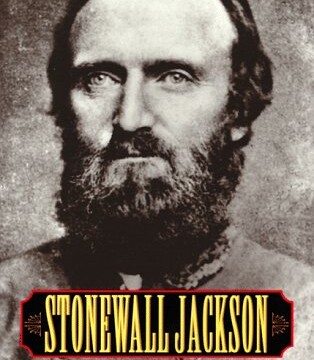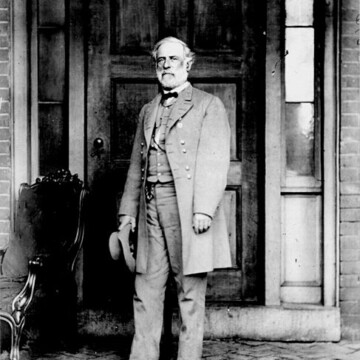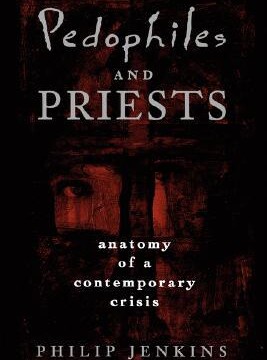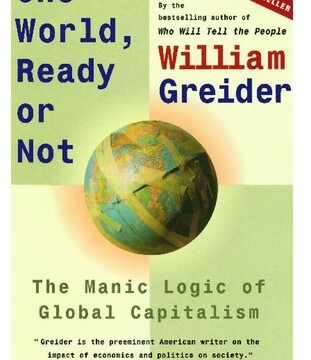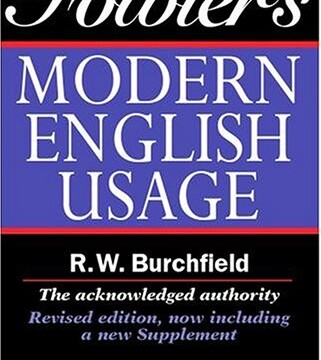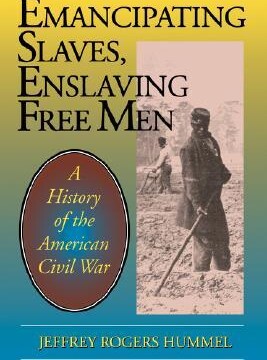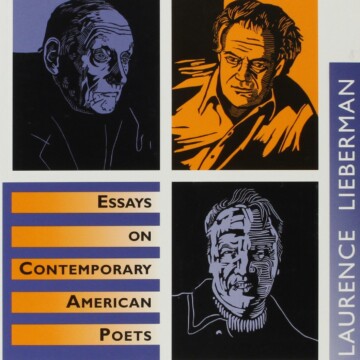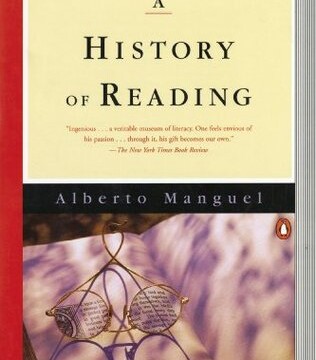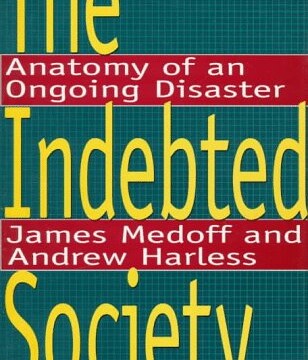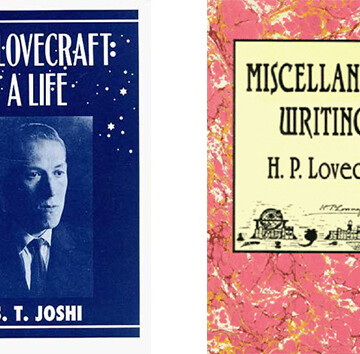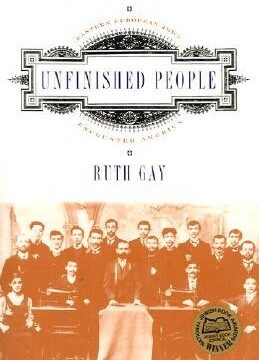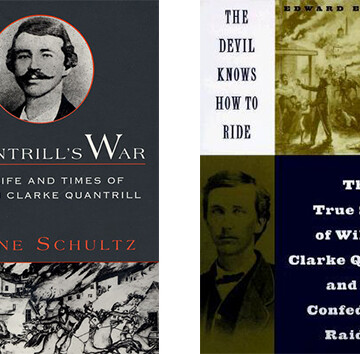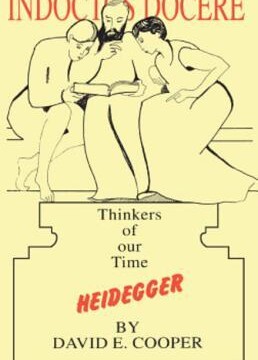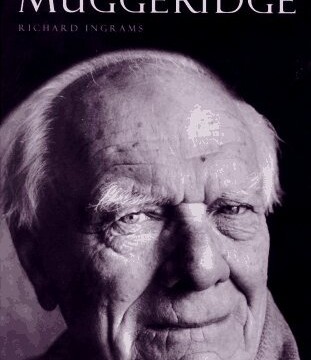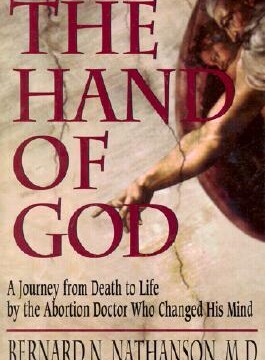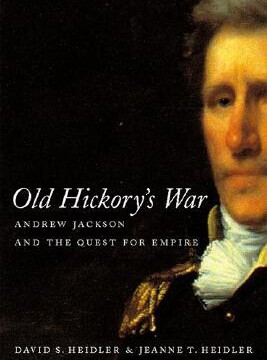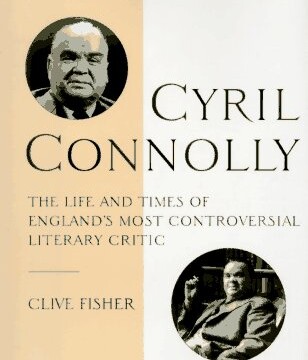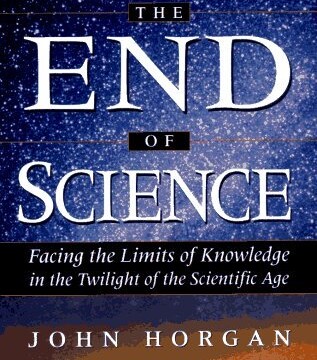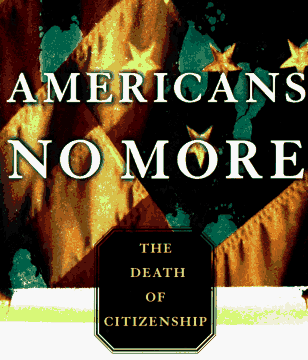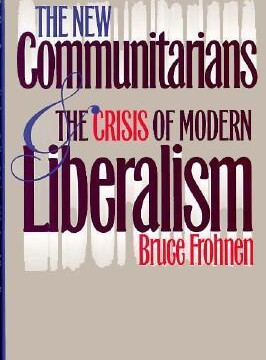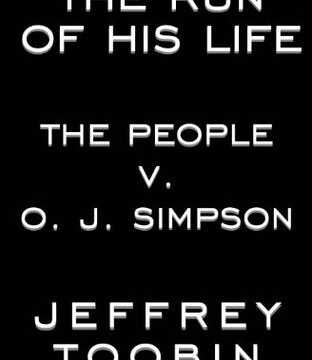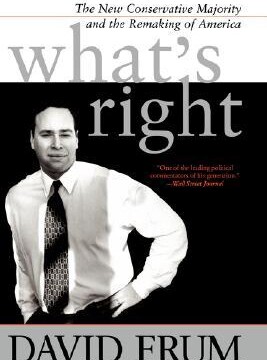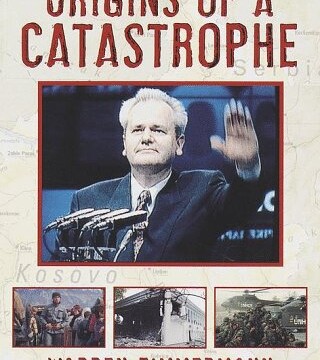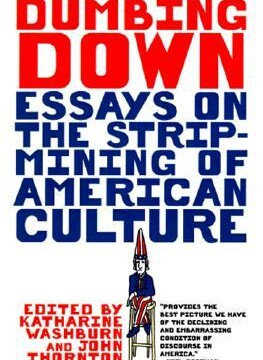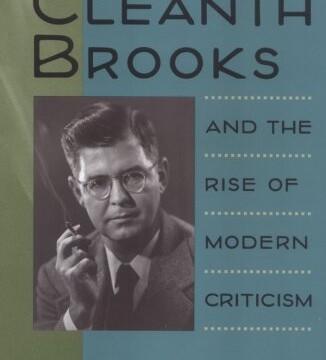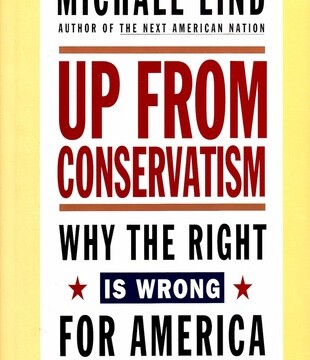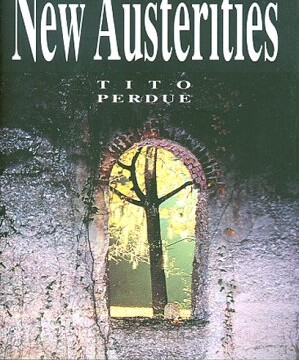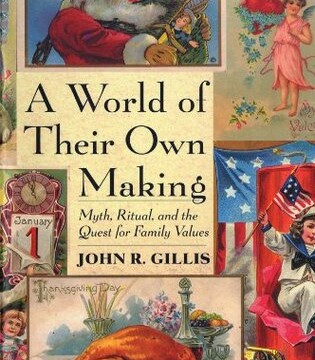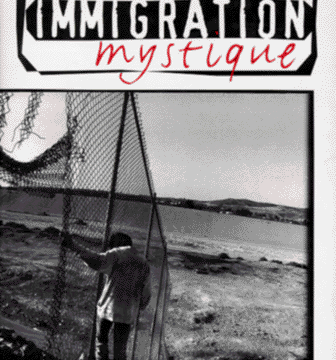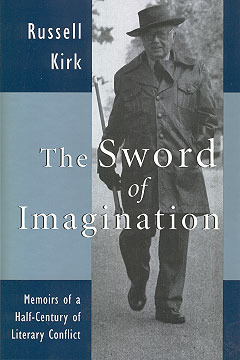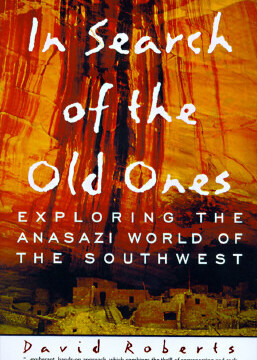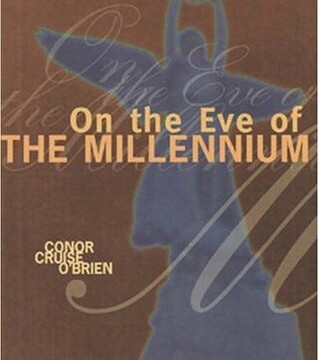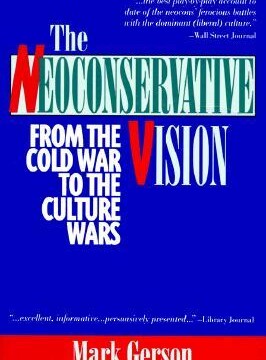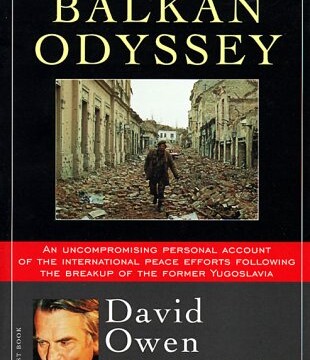“Look, men, there is Jackson standing like a stone wall! Let us determine to die here, and we will conquer! Follow me!” —General Bernard E. Bee, C.F.A., shortly before falling, mortally wounded, in First Manassas The era of the War for Southern Independence illuminates the present time for what it is,...
Category: Reviews
In Hoc Signo Vinces
Tactical strengths and strategic weaknesses mark John D. McKenzie’s reassessment of Robert E. Lee’s generalship. The strengths of this book are many. The weaknesses, however, undercut the very point that the author attempts to make; namely, that Lee was at best an average military leader, and that Lee’s apologists have given us a biased view...
The Last Nomads
In his journal, the psychologist William James records that he once met Sir James Frazer, whose Golden Bough had been among the first Western books to attempt to record systematically the beliefs of traditional peoples around the world. James, then undertaking ambitious projects of his own, asked Frazer whether he had ever met any of...
Reflections in Miniature
Philip Jenkins’ book is a gold mine of information on pro-fascist and pro- Nazi groups in Pennsylvania during the 1930’s. Jenkins makes informative distinctions among the various bearers of Camicie fasciste, differentiating silver, khaki, black, and brown shirts and explaining the significance of each. He is also careful not to exaggerate the importance of any...
Pedophiles, Ephebophiles, Ecclesiophobes
Surveying the clergy sex scandals of the past decade, one is reminded of Christ’s prediction that “from him who does not have, even that which he seems to have shall be taken away” (Matthew 25:29). The rather prurient glee with which the media have covered these cases—primarily those involving Roman Catholic priests—highlights as it exacerbates...
Reluctance at Reveille
The global industrial revolution being engineered by multinational firms and the dismantling of international trade barriers have produced wrenching social changes and will unleash more. Rolling Stone National Editor William Greider, author of Secrets of the Temple (on the Federal Reserve) and Who Will Tell the People (on contemporary politics), here surveys global capitalism and...
The New Bowdler’s
So there is a new Fowler, or rather a Burchfield. It joins the list of beloved reference works corrupted or destroyed to placate our ignorance and our political sensibilities. Brewer’s Dictionary of Phrase and Fable had many of its supposedly dated items excised to make room for television trivia. The Encyclopedia Britannica traded the wit...
The Lincoln Legacy
“If the general government should persist in the measures now threatened, there must be war. It is painful to discover with what unconcern they speak of war, and threaten it. They seem not to know what its horrors are.” —Stonewall Jackson On balance, Jeffrey Rogers Hummel has written a provocative and much-needed book on what...
The Poetry Lover
Laurence Lieberman’s two dozen essays on contemporary American poets—some (Robert Lowell, Robert Penn Warren) well known, others (Mark Strand, Frederick Morgan) not—are written in the self-expressive and dithyrambic mode of D.H. Lawrence and James Dickey. Lieberman wants literary criticism to be “personal and instinctively charged,” to carry an “electric pulse that is nakedly alive.” He...
Bookman’s Holiday
Saint Ambrose, the reputed author of the Athanasian Creed, did not move his lips when he read. Neither did Ambrose’s pupil and colleague Saint Augustine. The Roman chroniclers who witnessed this feat thought it only a curiosity, and the provincial missionaries’ example took generations to become the ruling style of reading in the West. Regardless...
The Straussian Sidestep
Dr. Germana Paraboschi’s Leo Strauss e la destra americana (Leo Strauss and the American Right) is one of the few serious studies of the American right to come out of Italy. Dr. Paraboschi is a young scholar, born in Milan in 1961 and now living just outside Pavia. She spent several years in the United...
Red Is Beautiful
According to Harvard professor James Medoff and financial analyst Andrew Harless, one of the most baleful influences on America’s economic health—and a reason for the declining standard of living of both blue- and white-collar workers—is the moneylending sector, which includes many commercial and investment banks and individual investors. In the authors’ view, the lenders have...
At the Heart of Darkness
“The New Englandeis are a people of God, settled in those which were once the Devil’s territories.” —Cotton Mather S.T. Joshi begins his mammoth biographical study of Howard Phillips Lovecraft by quoting his subject’s reaction to a suggestion from a fan that he write his autobiography. With the almost pathological modesty...
Getting to Know the General
The rise to political prominence of former Airborne Forces General Aleksandr Lebed, and especially his emphasis on law and order as the only real basis for proceeding with reforms, has raised the specter in the Russian mind of the proverbial Man on a White Horse, the military savior whose iron-fisted rule puts the national house...
At Home in the World
Gary Snyder’s new books A Place in Space, a collection of essays and talks, and Mountains and Rivers Without End, a cycle of poems, are of a piece. Both summarize more than 40 years of writing on literary, environmental, and social concerns. Both speak to causes that Snyder—in the familiar personae of walker and hitchhiker,...
A Bronx Collage
Forty years ago in Commentary, Ruth Gay created the American Jewish essay as an art form of dignity and eloquence, and in this wonderful book she brings her life’s work to its glorious climax in a sustained statement of remarkable purity. In the beginning, she took the raw materials of everyday life as lived by...
Clip Clop, Bang Bang
The manipulative sensationalism regarding any display of the Confederate battle flag continues unabated. The New York Times gets hot and bothered, or sexually aroused—or whatever it is that the New York Times becomes—whenever that banner appears over the capitol of South Carolina or on a vanity tag in Maryland, indeed anywhere. The shibboleths of liberalism...
Authenticity and Opportunity
David Cooper has written a first-rate introduction to the life and thought of Martin Heidegger. Despite the brevity of his work, Cooper has packed into it a biographical sketch of Heidegger, a discussion of Being and Time (1927) and of Heidegger’s other interwar and postwar writings, an appraisal of interpretive literature dealing with his subject’s...
When the Blind Study Art
Desmond Dupre (for many years the lutanist of the Deller Consort) used to say that the lute was to the 17th century what the harpsichord was to the 18th century, the spinet to the 19th, and the gramophone to our own age. Americans listen to music (or the synthetic equivalent) all day long, but few...
American Gothic
“Do not the seas and the mountains and the prairies and the plains in some manner and to some extent transform men into their own likeness?” —Cyrenus Cole The America First cause of 1959-41 finds a powerful, if unusual and indirect, affirmation in E. Bradford Burns’ Kinship with the Land: Regionalist...
Recoil and Revulsion
“Ambition and suspicion always go together.” —G.C. Lichtenberg Back in the 1950’s and 60’s, when Malcolm Muggeridge was one of the resident personalities of British television, all over Britain people used to wonder what the origins of such a bizarre figure might be. Many of them would watch solely to be...
Circles of Hell
Dr. Bernard Nathanson has written an important book that in time will rank with Merton’s Seven Storey Mountain and Malcolm Muggeridge’s Chronicles of Wasted Time as books which our descendants, familial and spiritual, will examine closely in the 21st and 22nd centuries in order to understand both man’s inhumanity to humanity and to his personal...
Wallace Stegner, Writer of the West
Wallace Stegner’s death on April 13, 1993, was not, as the cliche has it, untimely. He had lived to the respectable age of 85, after all; had lived to see the wide-open West of his early years carved by bulldozers, devoured by cities, and filled with people. Untimely, no; but perhaps ironic, for Stegner died...
City of God
For better or worse, British religious writer Karen Armstrong is rapidly becoming a publishing phenomenon. Partly because of the demographics of an aging baby boom, religious books are becoming a very hot item on the best-seller charts, ranging from reports of cuddly angels who allegedly guard our steps, through the pour épater les bourgeois efforts...
Four More Years
“Where law ends, tyranny begins.” —William Pitt On the eve of the inauguration of the second Clinton administration, reading biographies of the First Couple is like reading Airport while waiting to board a transcontinental flight. A morbid interest in gruesome facts and events is further titillated by the anticipation of horrors...
Slouching Toward Empire
The tragic fate of the Cherokee tribe is well documented. What is less widely known, and probably less researched, is the fairly rapid destruction of the Creeks—a nation whose territory included most of what is today Alabama and southern Georgia—and the role played by Andrew Jackson in their demise. In a style more readable than...
Bring Me a Grape
What a peculiar, in some respects downright weird little world this fascinating biography introduces us to. Imagine a very clever, very plain, very spoiled little boy, born at the turn of the century into the intensely competitive upper-middle or lower-aristocratic class in Britain. Conventional success at sports, diplomacy, the professions, or business being ruled out...
The Paralysis of Science
In The End of Science, John Horgan, a staff reporter for Scientific American, writes about his encounters with both scientists and philosophers of science and concludes that modern science is coming to an end. In every significant field of scientific research, from neuroscience to cosmology, theory has reached so great an impasse that new breakthroughs...
Managed Citizenship
Georgie Anne Geyer is no stranger to the immigration issue. For years her syndicated columns have included spirited criticism of efforts toward the redefinition of American identity. They have attacked what Geyer calls the “citizenship mill,” the thoughtless naturalization of masses of Third World residents (not all of them legally in the United States), bilingual...
Sadly for Adlai
“Madly for Adlai,” proclaimed the campaign buttons in 1952. But Adlai Ewing Stevenson II wasn’t the kind of politician who aroused mad affections, or, for that matter, hostilities. He was a Stevenson. Passion isn’t the Stevenson thing; service is—service conducted with objectivity and a certain fidelity to the public weal. Jean Baker, professor of history...
A Good Communitarian Is Hard to Find
“Never say No when the world says Aye.” —E.B. Browning This thoughtful and provocative analysis of the new communitarianism can profitably be viewed as a case study in how liberalism, not unlike scheming alien forces in sci-fi movies, assumes new and attractive forms to beguile the unwary. Put otherwise, the liberalism of the New Deal...
Free at Last
The criminal trial of the former football great O.J. Simpson on the charge of murder, a trial that overshadows the Gulf War as the media event of the 1990’s, has been over for more than a year. The civil trial against him, charging that he violated the civil rights of Nicole Brown Simpson and Ron...
To the Lighthouse
When Camilla, the elderly spinster daughter of the infamous Captain Jack Fennel and matriarch of the Fennel family, sees her house guest holding an antique spyglass, she comments, “My father’s glass. Dr. Danvers. Are you planning a voyage?” Actually, the voyage is already underway for the young history professor who shows symptoms of seasickness the...
And What Isn’t . . .
In this collection of his occasional papers, David Frum once again demonstrates his worthiness to the harmless persuasion. Having agonized over his uneven prose, I finally concluded that Frum’s intellectual weaknesses are his practical strengths. His writing never offends anyone in the political mainstream, or upon whom his career as a publicist may depend. It...
The Washington Touch
Warren Zimmermann was the last American Ambassador to Yugoslavia (from 1989 to 1992), and his memoir is of historical interest, but not for reasons the author intended. When Warren Zimmermann arrived in Belgrade in 1989, Yugoslavia was still a federation of six republics with a federal cabinet and government. Because of the changes brought about...
Germans in the Dock
“The German may be a good fellow, but it is better to hang him.” —Russian Proverb This is a disturbing book: not simply because the author, an assistant professor of government at Harvard, points an accusing finger at the German people whom he implicitly accuses of having been Hitler’s willing accomplices in the implementation of...
The Stupid Country
According to a recent Roper poll, only 13 percent of the college graduating class of ’96 could pass a simple quiz on material suitable for elementary school students. Ninety-two percent of those taking this quiz failed to identify the author or the document that is the source of the phrase, “Government of the people, by...
The Well Wrought Life
This book is certainly a book—the book—for those interested in its subject, but I believe that it is a book, too, for those who have no particular interest in Cleanth Brooks (1906-1994), or in criticism. In telling the story of a man’s life, Mark Winchell has also, by placing that life in context, addressed many...
Every Which Way But Up
“The most perfect political community is one in which the middle class is in control, and outnumbers both of the other classes.” —Aristotle Readers of Chronicles may vaguely recall Michael Lind as the contributor of a few articles to this magazine in the late 1980’s and early 90’s, but they should have no problem recognizing...
A Lost Art
Readers first met Lee Pefley as an old man who returns to his hometown resolved to chastise public nuisances with a stick. Tito Perdue’s first novel, Lee (1991), took some reviewers by surprise: the elegantly crafted naiveté seemed to strike a balance between Borges and (to my mind) Kenneth Patchen. What some of them seemed...
Heathen Days
It all started with television. Early in 1992, then Vice President Dan Quayle took the sitcom Murphy Brown to task because its lead, played by Candice Bergen, was to give birth out of wedlock. The show and its sponsors’ apparent endorsement of this transgression, Quayle argued, was proof that the entertainment industry was antifamily, or,...
Fragments of Tile
By definition, an anthology is a collection of stories, poems, excerpts from literary works, etc., that are published together because they represent a particular time period, literary style, or theme. What to include and what to leave out is always a problem; however, The Sierra Club Desert Reader: A Literary Companion, edited by Gregory McNamee,...
Myths and Mistakes
What all the wise men promised has not happened, and what all the damned fools said would happen has come to pass.” —Lord Melbourne In this highly informative book, Chilton Williamson, Jr., walks us through the tortuous history of American immigration policy. Along the way he draws attention to critical milestones, such as the 1924...
The Personal Heresy
“Every great man nowadays has his disciples, and it is always Judas who writes the biography.” —Oscar Wilde In 1978 I published “Acceptable in Heaven’s Sight: Robert Frost at Bread Loaf, 1939-1941,” an account of three of eight summers of conversations with the poet in which—probably for the first time in print—he summarized the many...
His Final Lesson
A friend of mine has expressed the devout hope that, upon his death, his wife and children will have the good sense to burn his papers. While his main desire is to prevent unfinished thoughts from seeing the light of day, there are other, equally important, concerns. Posthumously published works allow enemies to attack without...
Paths of the Ancestors
On a bright winter morning in 1907, a rancher went searching for a lost calf deep in a labyrinthine canyon on the Colorado Plateau. Descending into a draw so steep that his horse could not follow, he stumbled upon an astonishing find: Betatakin Ruin, a large cliff house complex that seems almost to hang in...
Haters and Self-Haters
Eloquent and courageous, Edward Alexander takes the theme of anti-Israelism and anti-Zionism and transforms a mere topical debate into profound reflections on the meanings of self-hatred and bigotry; on Jews’ hatred of themselves and on Gentile anti-Semitism in its most contemporary version. These occasional essays, written in the specific context of immediate controversies, transcend their...
The Enlightenment and the Millennium
Conor Cruise O’Brien, the Irish diplomat-journalist-scholar and one of the more astute writers of our time, lapses into spiteful diatribe in this collection of essays. Provoked by the position taken by the Vatican on abortion and contraception at the Cairo Conference on Population and Development in September 1994, O’Brien fears an orthodox Catholic and fundamentalist...
A Child’s Garden of Neoconservatism
Now a law student at Yale University, Mark Gerson has devoted several years of his young life to a lucrative task: gilding the lily for neoconservative patrons. As a contributor to Commentary, the Wall Street Journal, and the New Republic, he has spoken out on behalf of the harmless persuasion and is now about to...
The Fixer
“A politician . . . one that would circumvent God.” —William Shakespeare The title gives the game away: David Owen, a failed British politician who was for three crucial years (1992-95) Europe’s chief negotiator on the issue of the former Yugoslavia, seeks to cast himself as a Homerian hero. After 400 pages of tedious and...
